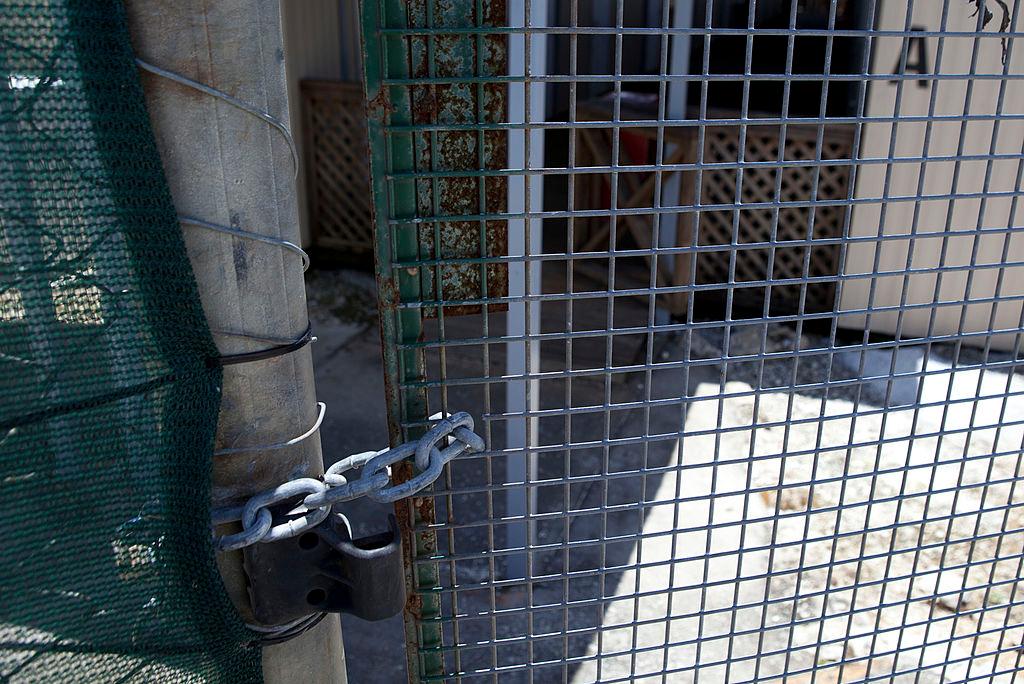An Iranian man who killed his wife and disposed of her body in a vat of acid could be the next person to be released into the community after a landmark High Court decision.
The High Court ruled on Nov. 8 that it was unlawful to hold people in immigration detention indefinitely if they are unable to return to their countries of origin.
The decision has allowed more than 93 foreigners—the majority of whom have committed violent or sexual crimes—to be set free. A larger cohort of 340 detainees may also be released, according to Immigration Minister Andrew Giles.
Among those waiting to get out is Tony Kellisar, a former Iranian soldier who served 20 years in prison for brutally murdering his wife, Svetlana Podgoyetsky.
He strangled her to death in Melbourne in 1997 and drove her body to Sydney to dissolve it in a wheelie bin of acid.
When facing the Victorian Supreme Court in 1999, he tried to persuade a jury that he committed the crime by accident despite evidence strongly suggesting that it was carefully calculated.
Mr. Kellisar fled to Australia as a refugee in 1990 on a forged Canadian passport. He was transferred from prison to detention centre with his visa cancelled due to the seriousness of his criminal offences.
Killer’s Stepdaughters Reported Living In Fear
Mr. Kellisar has two step daughters, who said they were terrified by the prospect that he would come for them after being released from the detention centre.
Sydney sisters Serrah and Bianca Katz, whose mother was killed under their stepfather’s hand, said Mr. Kellisar has previously tried to take them from their grandparents’ house when he came to Sydney in 1997.
“Growing up without your mum was awful, but what was worse was having in the back of your mind one day he would be released,” Serrah told the Herald Sun.
“I have no doubt he wanted to murder us, we’ve grown up knowing if he ever got out he would come for us.”
They had grown up in fear as their stepfather was violent towards them, Serrah added.




